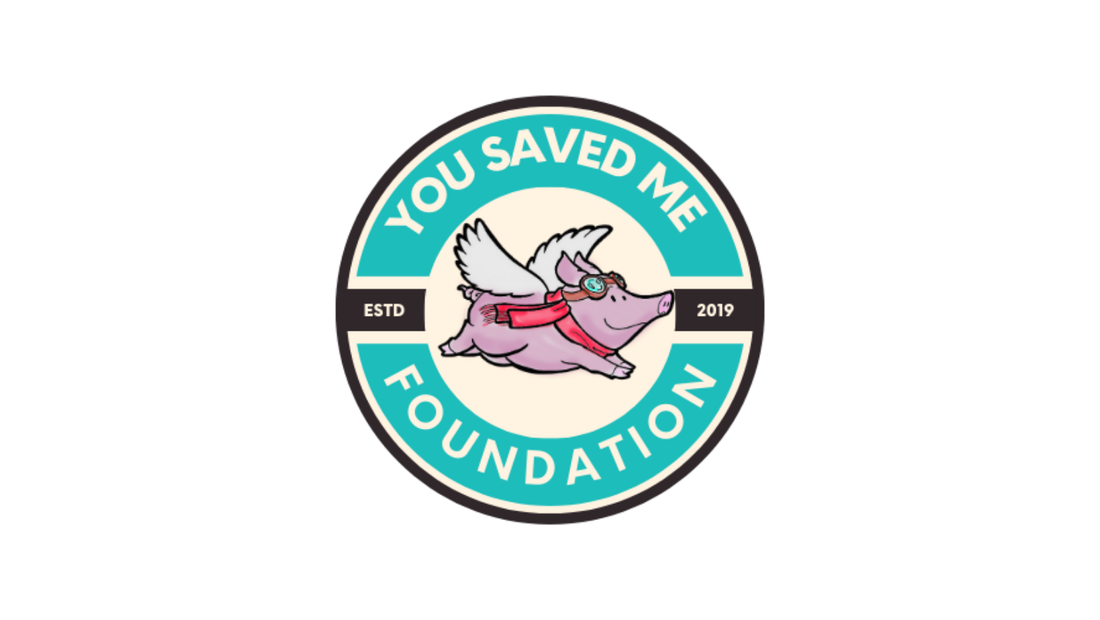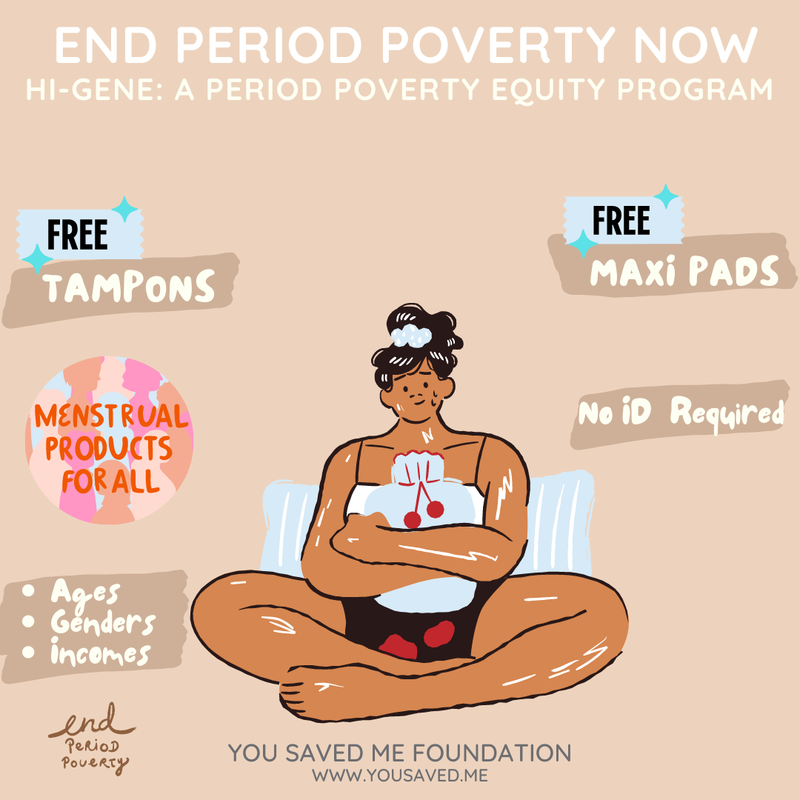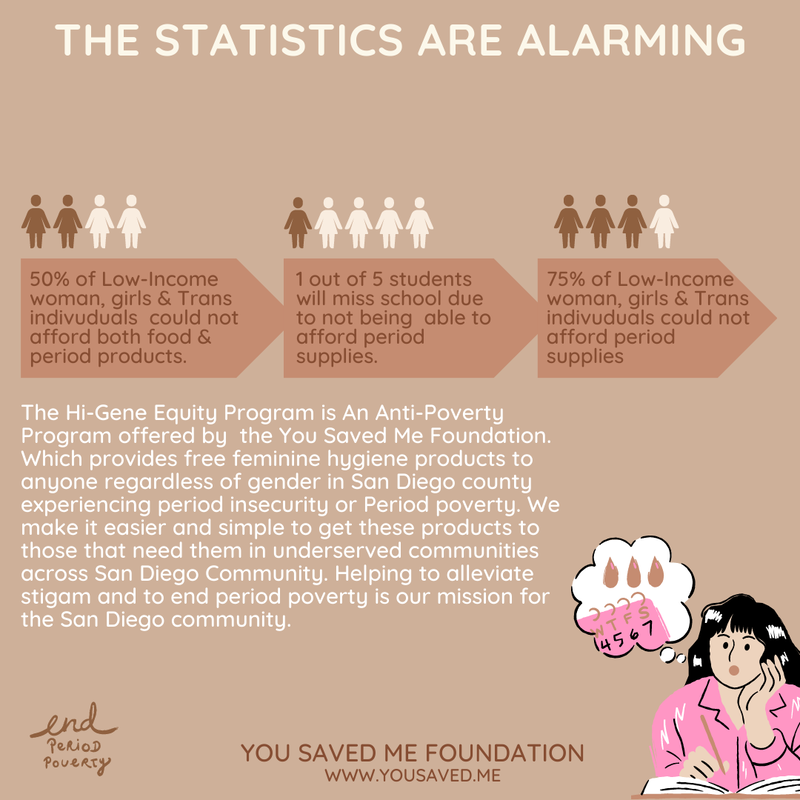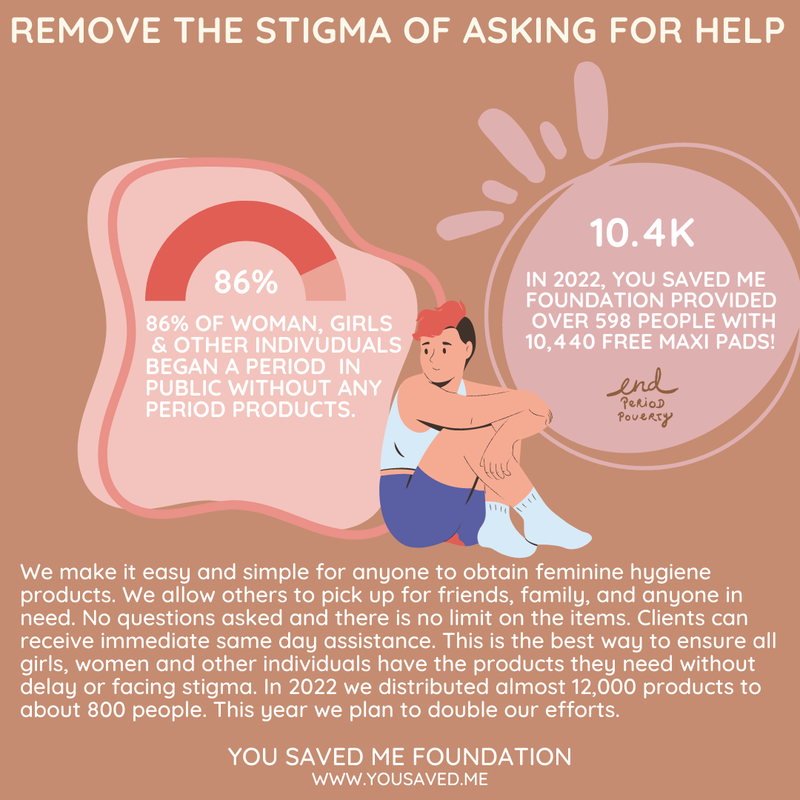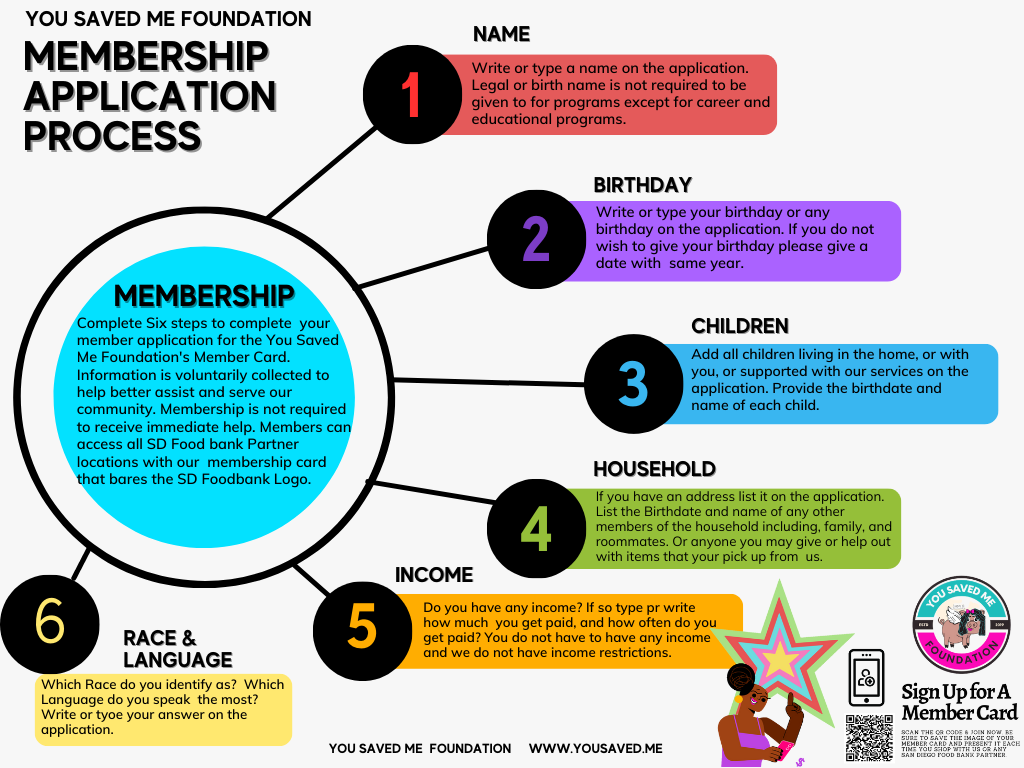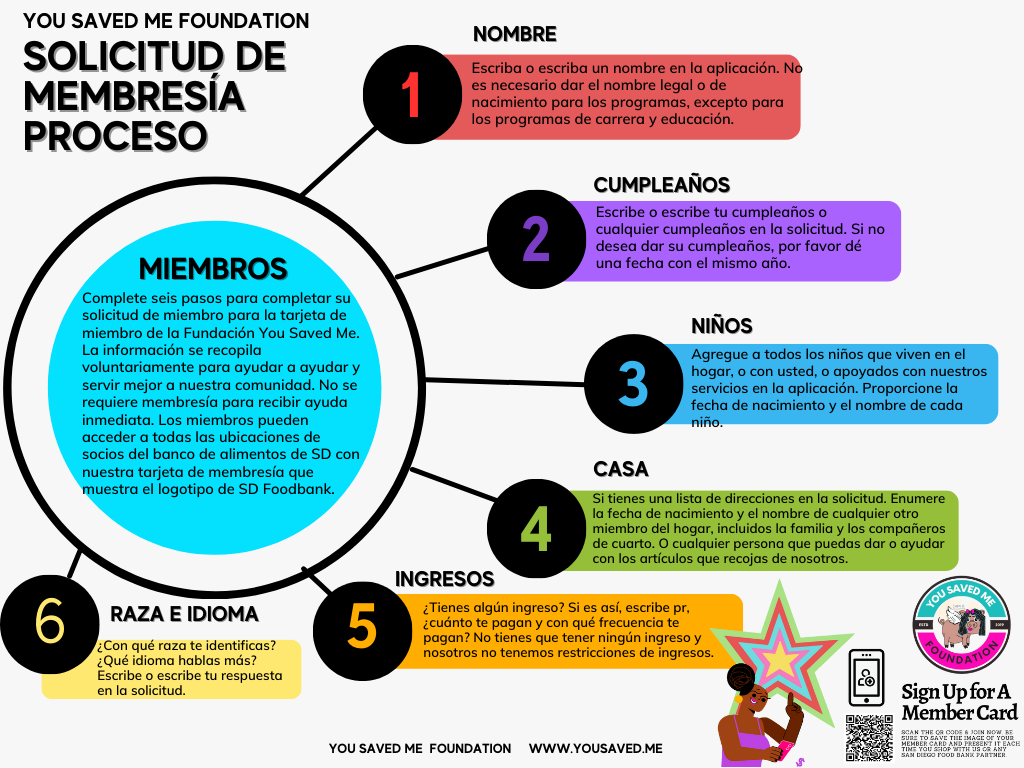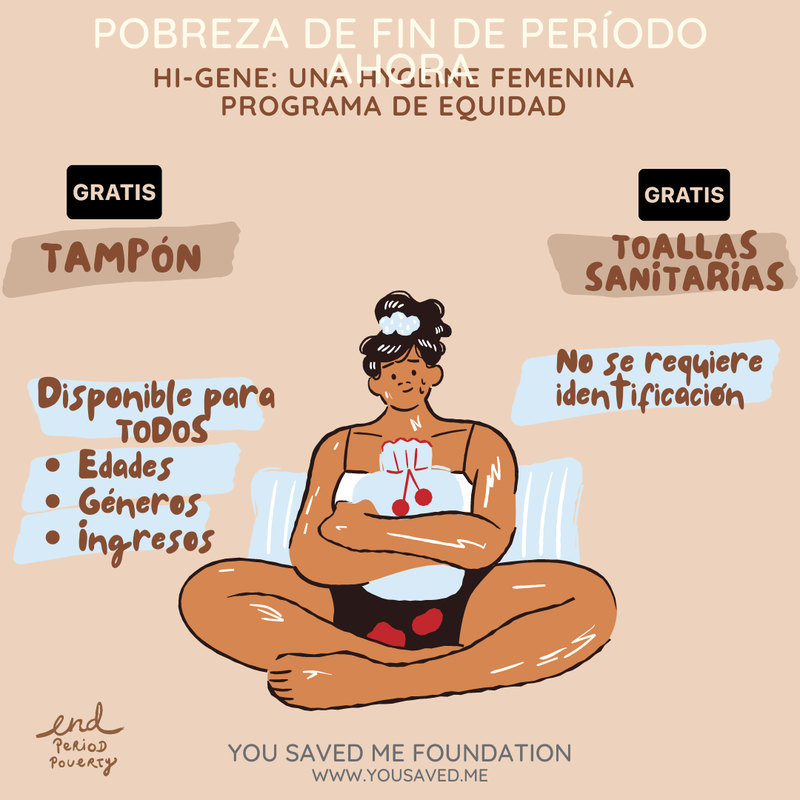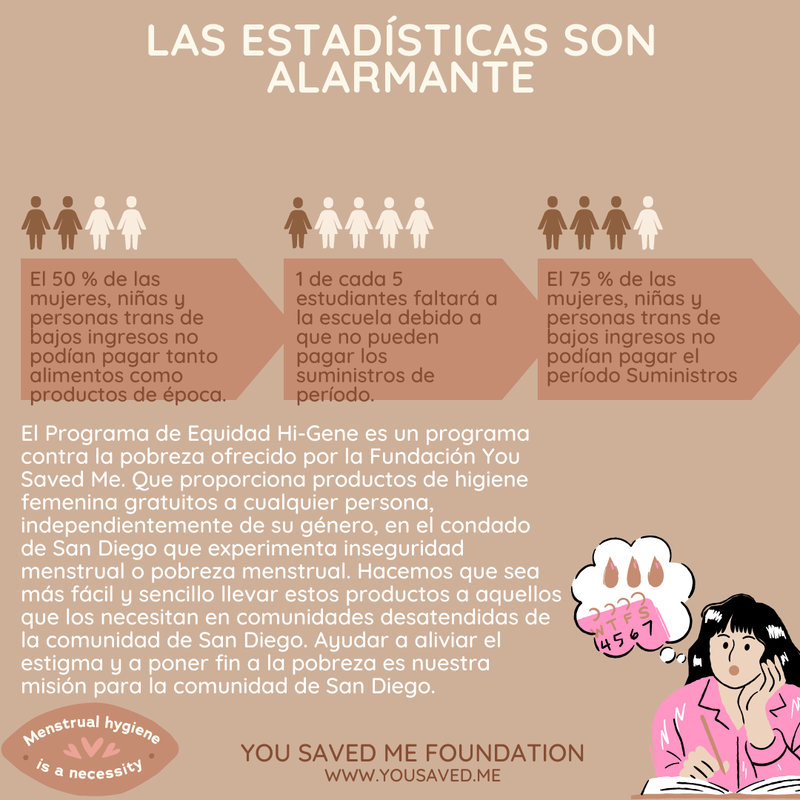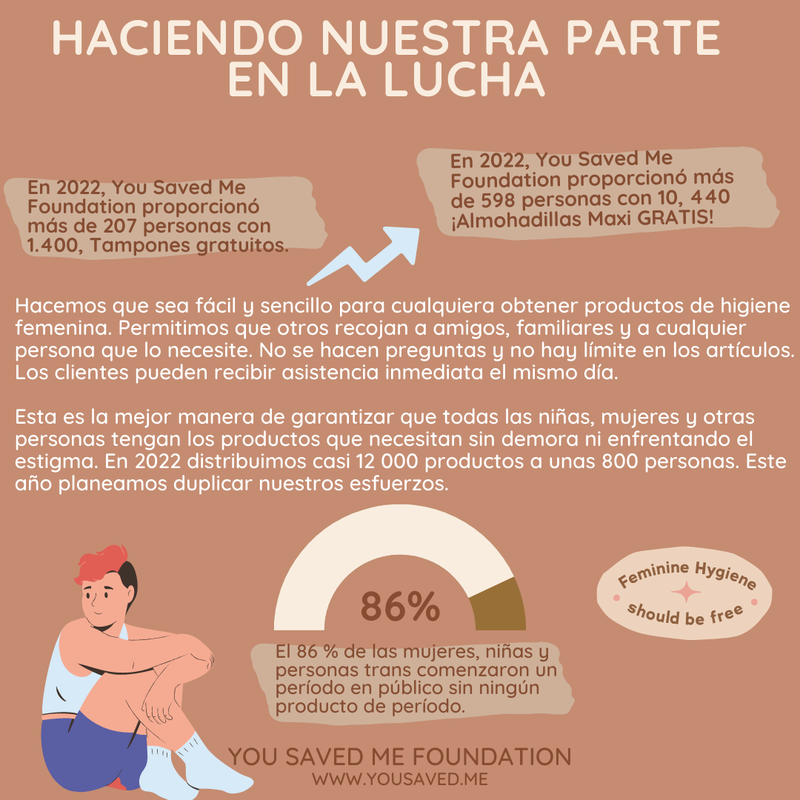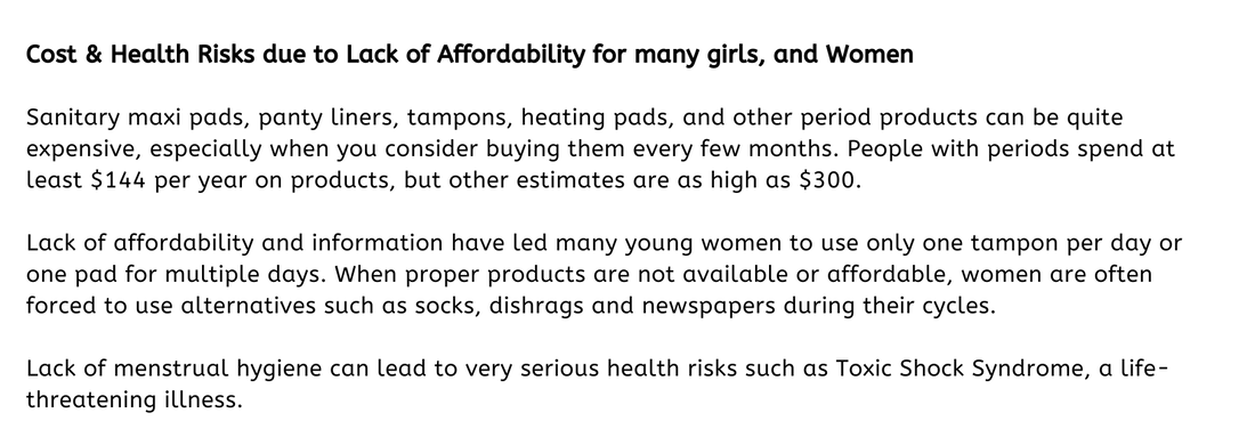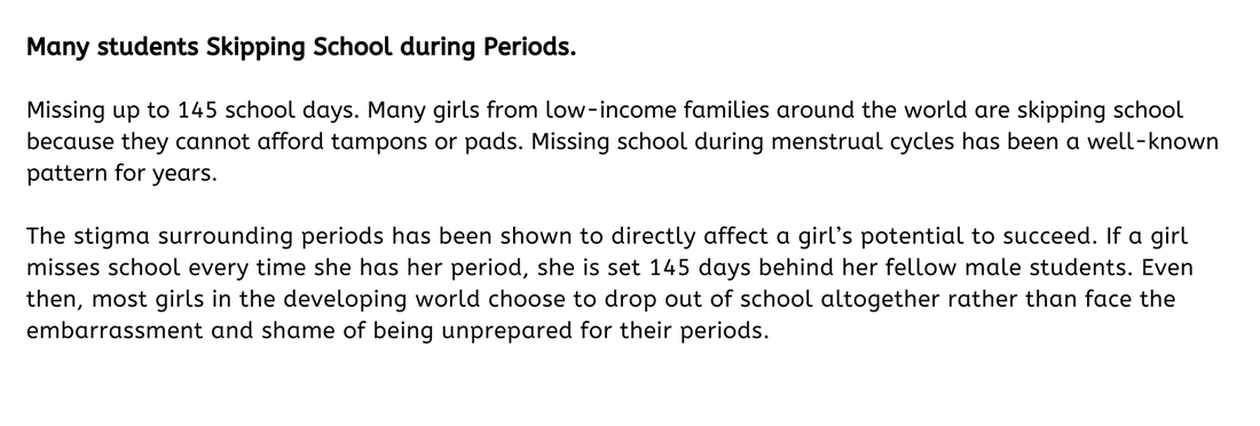Join the You Saved Me Foundation's San Diego Food Bank Member program today! Applying is easy—simply scan the QR code or click on the following link: Get A New Member Card Now
Alternatively, you can sign up in person. No ID Required, & there are No Income Restrictions. Individuals & Families aged 16 and above within San Diego County are eligible to apply. Fill out this form only once and save/screenshot your card directly to your phone.
Present your card during each visit or share it with others to pick up items on your behalf. The member card is accepted at all San Diego Food Bank partner locations displaying the SD Food Bank's logo. If you previously have a member card from another partner location, or us, there's no need to complete this form; you can use your existing SD Food Bank Card with us.
Alternatively, you can sign up in person. No ID Required, & there are No Income Restrictions. Individuals & Families aged 16 and above within San Diego County are eligible to apply. Fill out this form only once and save/screenshot your card directly to your phone.
Present your card during each visit or share it with others to pick up items on your behalf. The member card is accepted at all San Diego Food Bank partner locations displaying the SD Food Bank's logo. If you previously have a member card from another partner location, or us, there's no need to complete this form; you can use your existing SD Food Bank Card with us.

